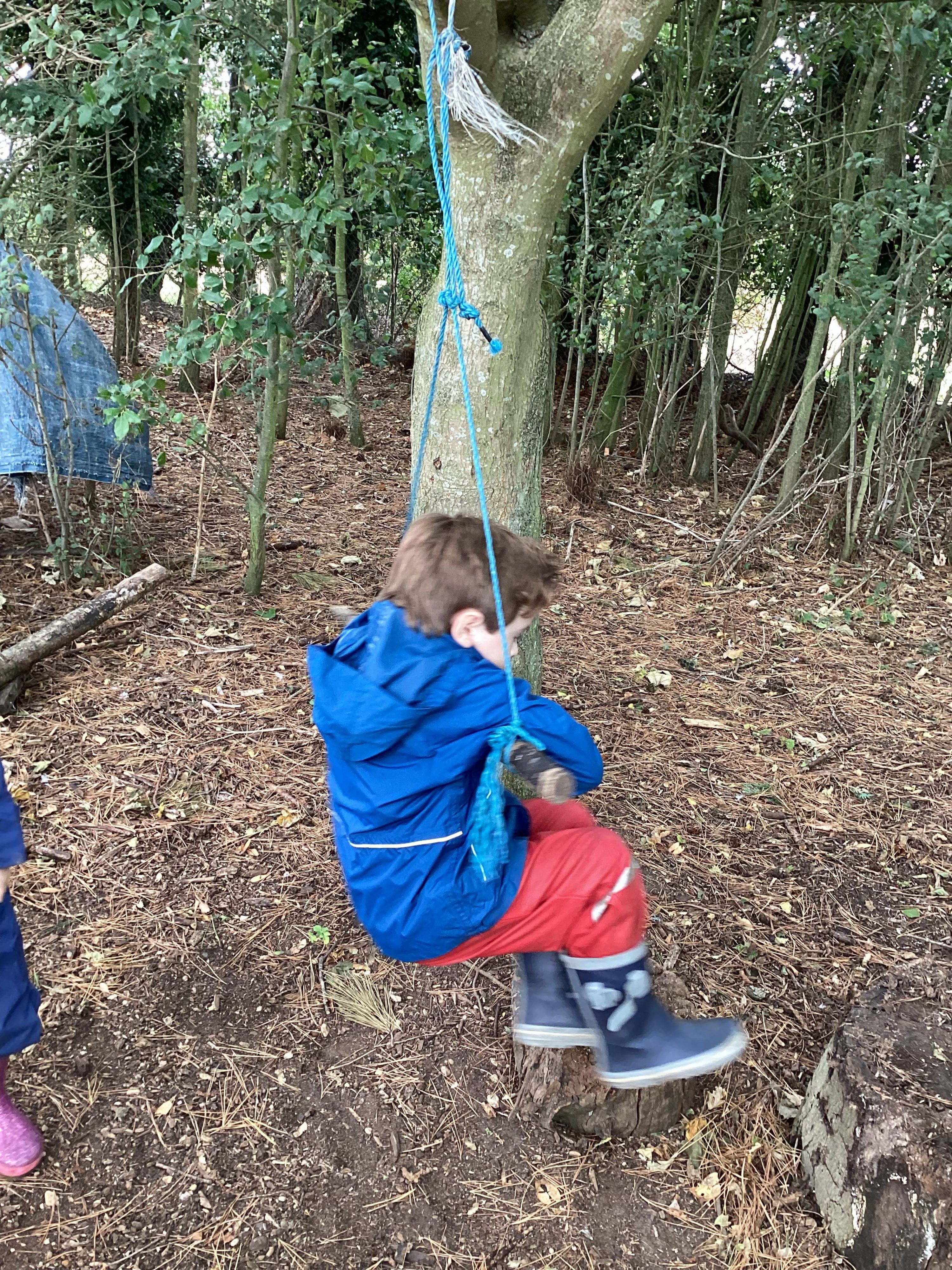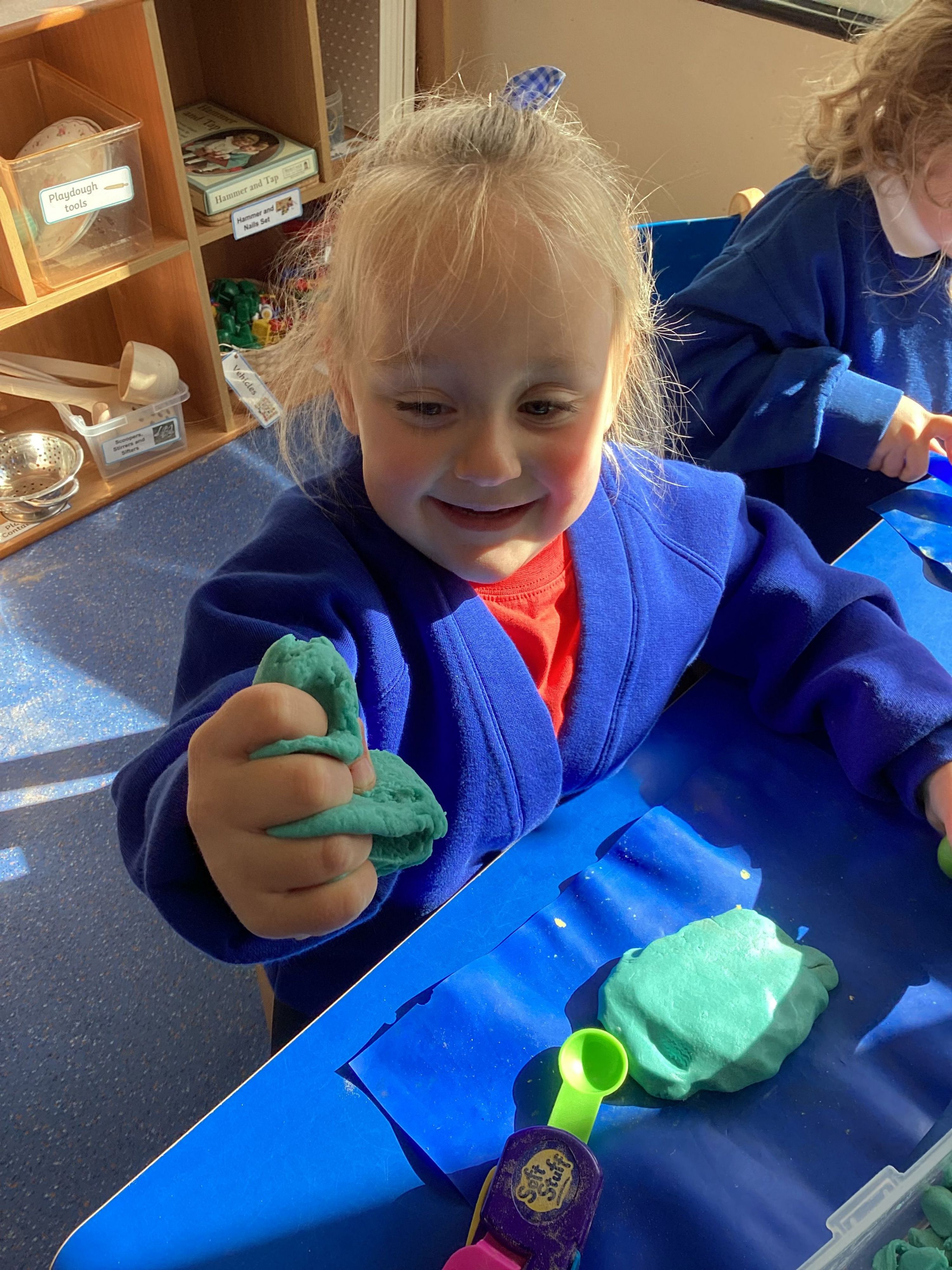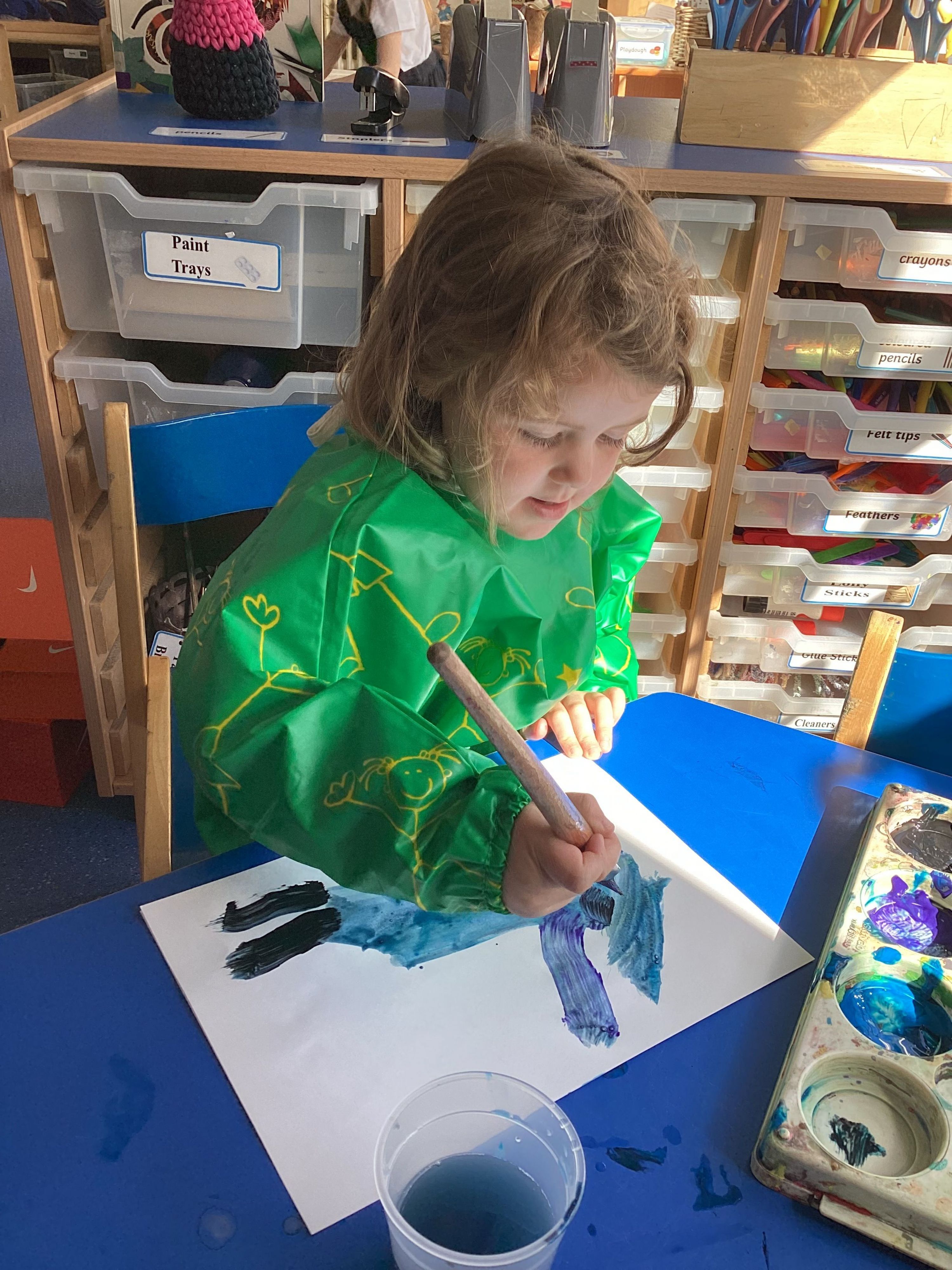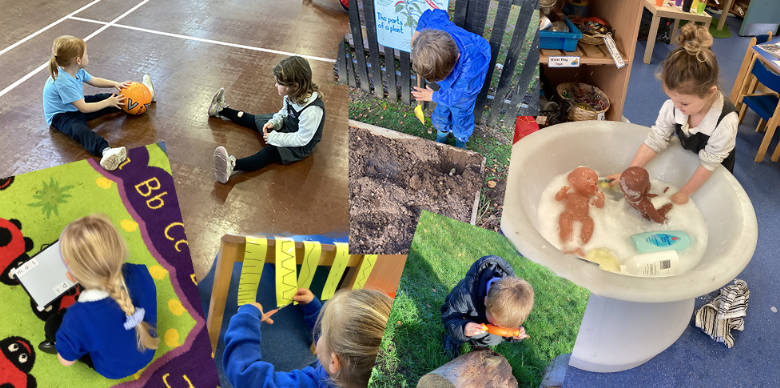Seal Class



Local Memories, Broadening Horizons
The teaching team in Seal Class are Miss Stanford, Mrs Hewitt, Ms Boohan and Mrs Platten.
We also have subject specialists teaching some areas of the curriculum (Mrs Furnell teaches Music every week; Mrs Morrell leads PE every week).
Please click on the items below to find out what Seal Class are learning and how they learn.
Phonics
Phonics is taught every day. Children are taught in small groups and the length of the session varies depending on the children’s age and stage. All children are following the Read, Write, Inc programme to allow them to make rapid progress in Reading, Writing and Phonics using a structured approach.
As well as our main phonics sessions, children have opportunities to embed and reinforce their learning with child initiated games and adult directed activities.
Maths
At Burnham Market Primary school in EYFS for Maths, we follow White Rose and Mastering Number. We teach a whole class maths lesson and a number sense lesson daily following the above schemes of learning. Mathematical learning is also widely available during continuous provision both indoors and outdoors.
Throughout the Reception Academic Year, Seal Class will be learning to –
- Focus on matching, sorting and comparing objects
- Compare and explore size, mass, capacity and finding a balance
- Explore and compare length and height
- Explore, copy, continue and create simple and more complex patterns
- Find, conceptual subitise and represent numbers to 10
- Explore one more and one less and the composition of numbers to 10
- Make pairs – exploring odds and evens
- Doubles to 10
- Bonds to 10
- Combine two groups
- Introduce zero
- Identify, name, combine and compare circles, triangles and shapes with 4 sides
- Recognise, name, use and find 3D shapes
- Rotate, manipulate, compose and decompose shapes
- Describe positions
- Distinguish the difference between what occurs during the day compared to at night
- Order and sequence time
- Build and continue number patterns beyond 10 to 20
- Verbally count beyond 20
- Add more and take away
- Explore, represent and create maps
To enable the children to develop their understanding of all elements of maths, problem solving and reasoning in a broad range of contexts.
Discovery Learning
Discovery and learning -
Our Discovery Learning focus for Spring 2 is ‘Traditional Tales!’ We will explore a range of fictional texts such as ‘The Gingerbread Man’, ‘Little Red Riding Hood’, ‘The 3 Little Pigs’, ‘The Enormous Turnip’, ‘The 3 Billy Goats Gruff’ and ‘Jack and the Beanstalk’.
Traditional tales present many learning opportunities for our EYFS children such as:
- Listening to and talking about the stories that they have heard
- Children can begin to be asked ‘why’ questions about a story that they hear, for example, why do you think the Giant chased Jack?
- Learning and developing new language from the stories
- Making predictions about what they think might happen in the stories and talking about what has happened in the stories
- Offer explanations about why things might happen in a story
- Sequencing parts of the story and creating story maps and retelling the stories in their own words.
- Talking about the different characters or settings of the stories
- Opportunities for taking on a role in the child’s play or in small world play.
P.E. Days
In P.E. this half-term we will be completing games and fundamental skills. In this unit, children will practise their balance skills – movements where the body remains in place but moves around its horizontal and vertical axes. Locomotor skills – running, jumping, hopping, and galloping. Ball skills – catching, throwing, kicking, underarm rolling and striking.
Our P.E. days will be on a Wednesday and a Thursday. On P.E. days, children can come to school dressed in their P.E. kit.
Woodland
We visit the woods every week on a Tuesday. Children will need to come to school dressed in their woodland clothing. Please ensure your children are dressed for the weather as they will also explore in the wet and the cold. When we are in the woods, we have opportunities for wild play as well as more structured challenges. Each term, we will be learning about the changing seasons through seasonal observations. We will also make links to our wider topic through songs, games, stories and craft activities.
Reading
As your child begins their school journey, we encourage you to read for pleasure together every day. This may be a quiet time after school or before bed when you read to your child. You can take the opportunity to discuss the story, the illustrations, make predictions, discuss what you like or dislike together. Stories are at the heart of all our learning in Seal Class, and we share books together every day. We use the Wise About Words techniques across the curriculum to enable all children to engage with texts and develop the skills to become independent and fluent readers. As Dr Seuss says, “The more you read, the more things you will know. The more you learn, the more places you'll go.”
In line with the Read, Write Inc. scheme of learning, your child will bring home their reading book when they have learnt the required number of phonemes to access the books. Your child will have the opportunity to choose a book for pleasure each Thursday at our school library sessions. These can be exchanged weekly on a Thursday.
Home learning
In Seal Class children are given a home learning menu. We would encourage you to learn together each half-term and post on Class Dojo or EYLog.
Contact
We use Class Dojo for general class information and EYLog to inform parents of their child’s learning journey. For all urgent matters, please come in and speak to one of the Seal Class Team.
Reception and the EYFS
At Burnham Market Primary School, we follow the Early Years Foundation Stage Statutory Framework. Throughout the year, we inform parents of their child’s learning journey using EYLog and Class Dojo. At the end of the Reception Year, your child’s progress will be measured with the Foundation Stage Profile.
At Burnham Market Primary School we are very lucky to have an enormous learning environment and a very generous outdoor space. This space is divided into learning zones with resources that are always available on a daily basis.
As we learn new things, the zones are enhanced with open-ended resources connected to our learning and interests. The children choose which activities they would like to use in their independent learning and are also asked to come to adult-led small groups and circle times and take on adult initiated challenges throughout the day to extend their learning.
Planning in the Early Years Foundation Stage is topic based and takes into account the children’s interests. We use core stories and non-fiction texts as a starting point for our learning, and we provide children with experiences outside the classroom through educational visits and visitors to school. We have our own woodland on the school site.
Our Principles
- Recognition of the uniqueness of each child’s capacity and potential
- A holistic view of each child’s development
- Recognition of the importance of play as a central integrating element in a child’s development and learning
- Recognition of the integrity of childhood in its own right
- Recognition of the child as a part of a family and a community
Our Pedagogy
- Knowledgeable and appropriately qualified early years professionals
- Skilled and informed observation of children, to support effective development, learning and teaching.
- Awareness that education relates to all capabilities of each child: imaginative, creative, symbolic, linguistic, mathematical, musical, aesthetic, scientific, physical, social, moral, cultural and spiritual.
- Parent/carers and educators working in harmony
- First-hand experiences, play, talk and reflection
- Activities and opportunities that have a sense, purpose and meaning for the child and involve joy, wonder, unity, concentration and satisfaction.
- A holistic approach to learning which recognises children as active, feeling and thinking human beings.
- Individual and collaborative activity and play
- An approach to learning which develops children’s autonomy and self-confidence.
Our Environment
- Physically safe yet intellectually challenging, promoting curiosity, enquiry, sensory stimulation and aesthetic awareness.
- Engaging, motivating and interesting to encourage high levels of involvement, independence and deep level learning.
- Demonstrates the unity of indoors and outdoors and the natural environment
- Allows free access to a rich range of materials that promote open-ended opportunities for play, representation and creativity.
- Well-resourced and enhanced weekly to reflect the children’s ever-changing needs and interests.


